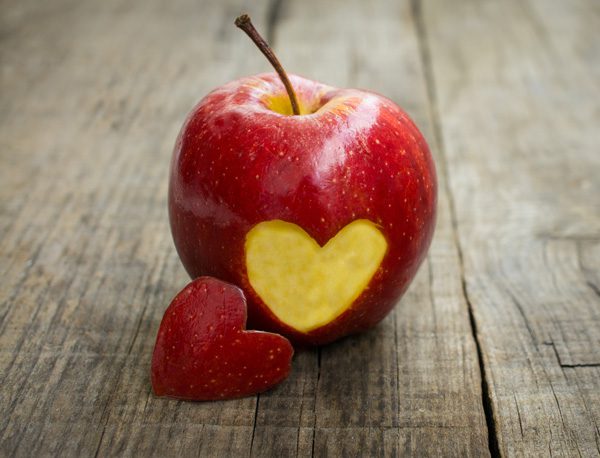Drug and alcohol abuse take a toll on one’s body.
Usually, by the time someone has reached the point that they enter into a drug rehabilitation facility for detox, they are also suffering from malnutrition and/or dehydration. When the body is going through the detoxification period, it is ridding itself of poisons. Proper nutrition is vital to feeling better mentally, emotionally, and physically.
Research has shown that a malnourished body is more susceptible to alcohol and drug cravings. For someone to begin to function well, improved eating habits are a critical part of drug and/or alcohol detox. Increased intake of nutrient packed foods not only help the individual feel better, but also help the detox period to be more comfortable as the body works hard to rid itself of chemicals and get back to maintaining a healthy cellular balance. Different drugs affect the body differently, so it may be important to speak with a nutritional counselor upon entering a treatment center.
Regardless of what drugs an individual has been addicted to, ongoing good nutrition will be an important aspect of getting healthy. Here is a quick guideline of tips to feeling better during detox:
- Drink enough water. Water helps to flush toxins out of our body. Daily water intake should be half of our body weight. For example, if you weight 120 pounds, you need 60 ounces of water daily.
- Carbohydrates. Carbs are important for the production of serotonin, which promotes a happy, stable mood. It also helps glucose enter the cells, where it is used for energy, triggering tryptophan in the brain. This is how folic acid and the B vitamins synthesize tryptophan into serotonin. Carbs and tryptophan-rich foods such as dairy products and meats will help you feel better.
- Antioxidants. Antioxidants boost the immune system and help the body heal. Fresh fruits and vegetables are packed with antioxidants, so be sure to include as many as possible to your daily diet.
- Protein. Proteins are key building blocks in the brain and are full of omega-3 and omega- 6 fatty acids. These help the repair and functioning of the neurotransmitters in the brain, which helps reduce depression and anxiety. Be sure to choose healthy proteins such as fish, poultry, and beans.
- Fiber. Drug and alcohol abuse upset the digestive system. Replacing white flour foods with 100% whole grains will go a long way in helping the body recuperate. Whole grain breads, brown rice, and whole grain pastas are a good place to start.
- Fats. Many people equate dietary fats to fattening foods. Healthy dietary fats play a necessary role in maintaining mental health, and they are good for your heart. Research has shown that limiting dietary fats directly influences mood. Some healthy dietary fats to incorporate into your diet are: olive oil, avocado, nuts, nut butters, flax seed, soymilk, and tofu.
Along with eating well, a daily multi-vitamin and mineral supplement in the form of a pill or a drink will make a big difference in your recovery and the way you feel. Once the detoxification period is over, continuing a healthy diet will not only help your body heal, but also help prevent relapse.
For more information about The Ranch at Dove Tree, please feel free to contact us anytime at 806.307.2003.






